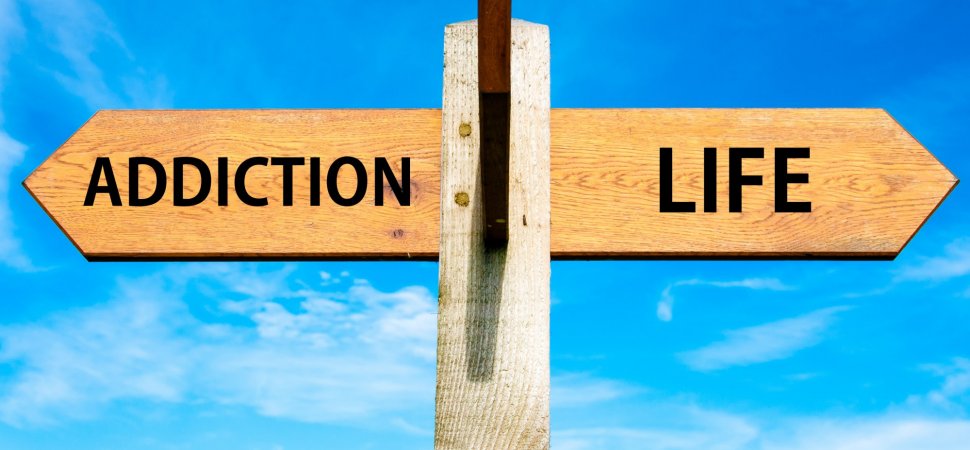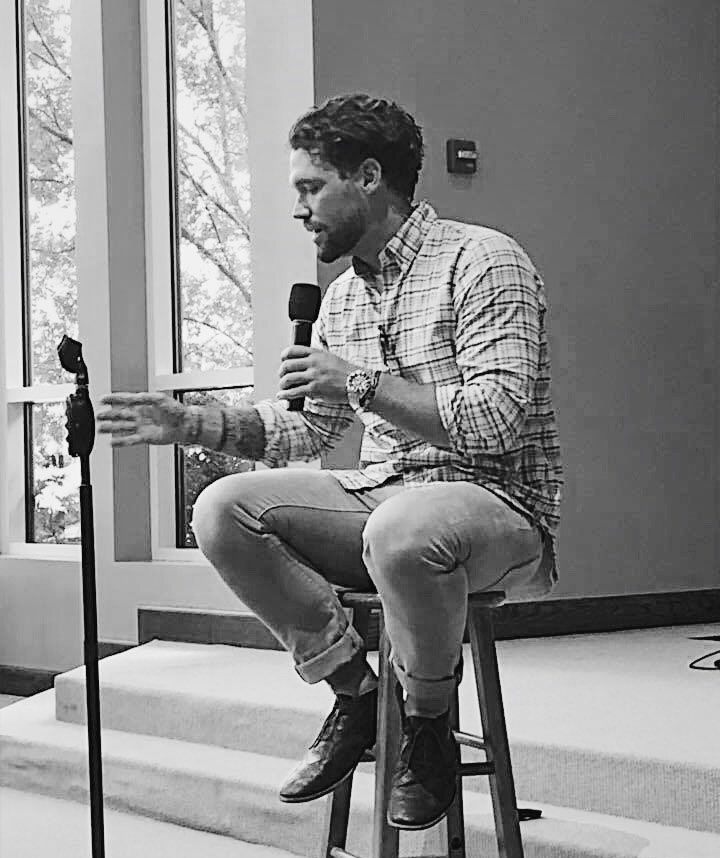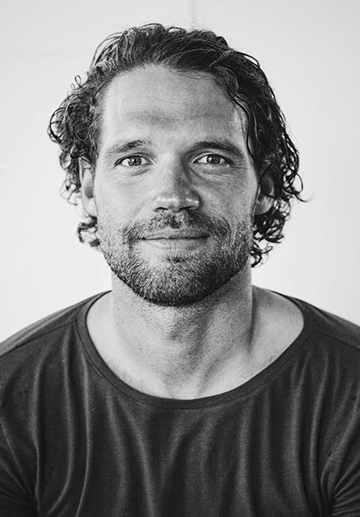
It is a common occurrence amongst therapists to joke that if they bring their clients to tears then they know they’ve done something right. We believe that laughter can be one of the most powerful tools at our disposal.
Other reasons why laughing is therapeutic:
Connection: Laughter increases one’s ability to be close with others, and is an expression most often used in a social context. We are 30 times more likely to laugh if we are with another person. Cognitive neuroscientist Sophie Scott said we laugh “to show people that you understand them, that you agree with them, and you are part of the same group with them. You’re laughing to show them you like them, you might even love them. Laughter is doing all that emotional work for you.”
See what else Sophie has to say in her Ted Talk Why We Laugh
Nervous System Regulation: laughter reduces sympathetic nervous system activity (fight or flight response) and increases parasympathetic system activity, which can relax the whole body, thus reducing the impact of stress on the body and mind.
Read more about laughter and the nervous system here.
Perspective: it offers a new way to look at a situation and
“Humor and laughter can shift perspective and change the way our mind views or experiences an event.”
Emotional Health
Emotional health, but physical health have been linked to laughter as well. Norman Cousins, who wrote Anatomy of an Illness (1979), describes his experience using laughter to help him live a longer, and more pain free life while suffering from an illness affecting the immune system. According to Cousins:
- Laughter:
- Releases endorphins in the brain that fight physical pain.
- Protects our immune systems.
- Increases antibodies that fight infection.
- Increases natural killer cell activity. Natural killer cells attack cancerous cells in the body.
- Improves cardiovascular health
- Activates neuro-chemicals in the brain, such as dopamine, acting as a natural antidepressant.
And one final thought; did you know there is something called “Laughter Yoga”? Make sure to check out this Ted Talk by Dr. Madan Kataria, the pioneer of Laughter Yoga, which is now a worldwide practice for improving overall health and wellbeing.
If you or a loved one is struggling with alcohol addiction, drug addiction, Mental Health problems, The Redpoint Center is here to help. The Redpoint Center treats both adults and youth struggling with addiction and alcohol. To learn more about our Longmont Drug Rehab, call 888-509-3153.












